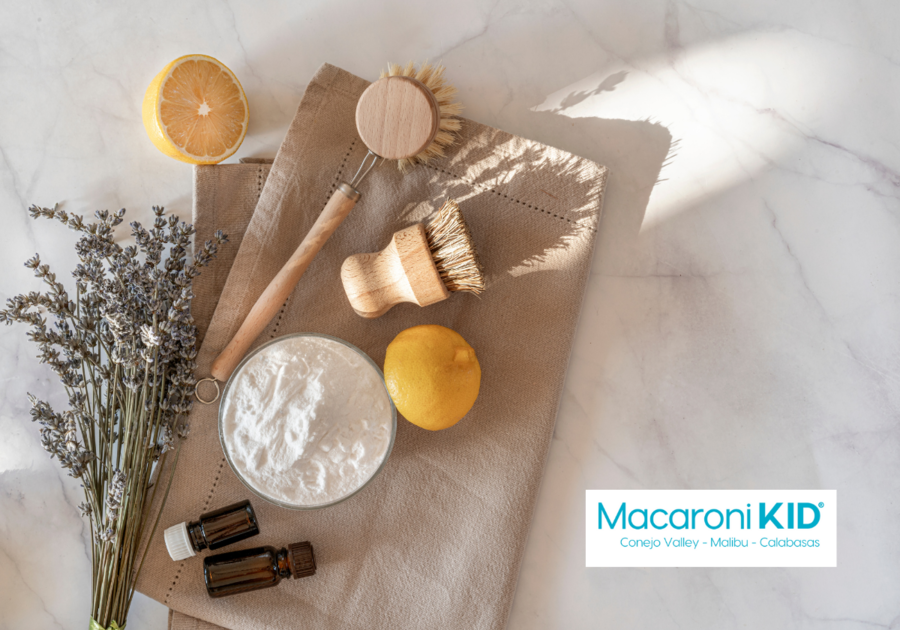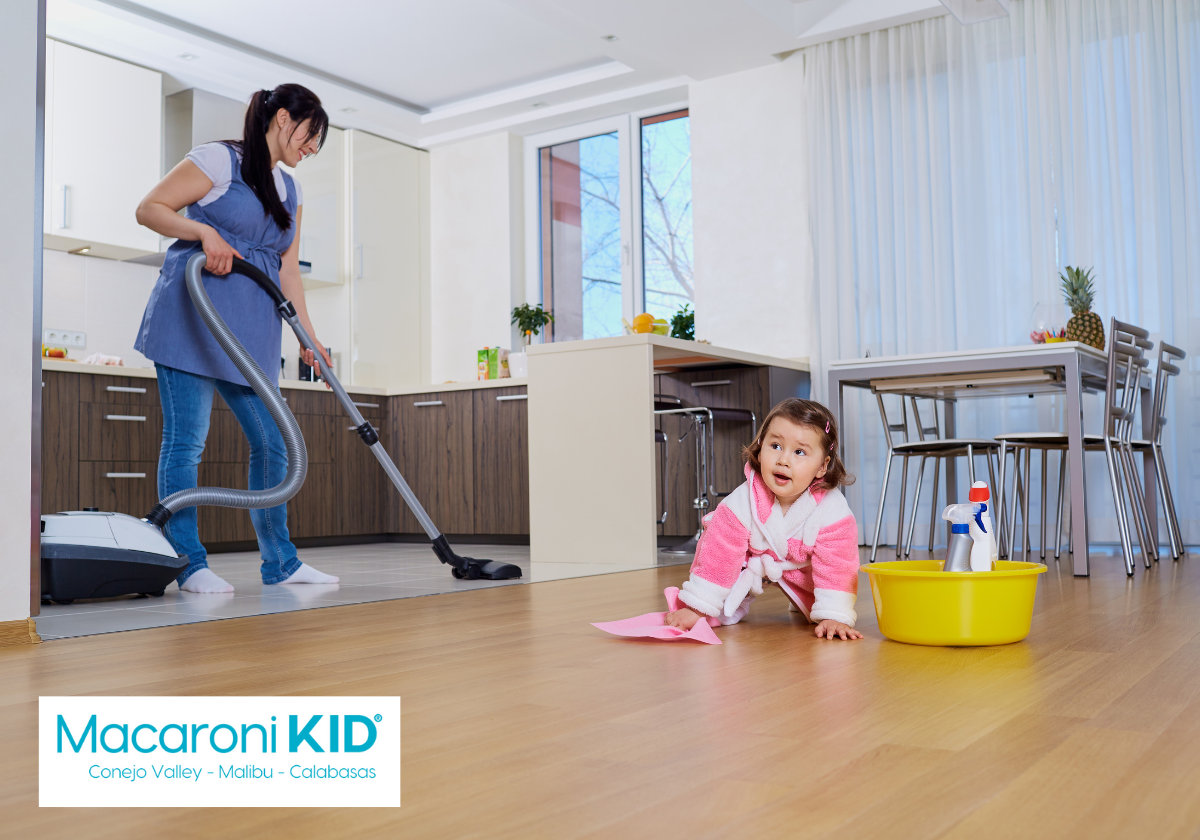 studioroman via Canva |
Fresh Lemons 🍋
When life gives you lemons, use them for cleaning! Here are some natural ways to incorporate lemons into your cleaning routine:
- Brighten Yellowing Fingernails: Add a few drops of lemon juice to warm water and soak your nails to help remove yellow stains after nail polish removal.
- DIY Window Cleaner: Mix a few tablespoons of lemon juice with 1 cup of water in a spray bottle. It’s a great natural cleaner for windows and countertops.
- Laundry Brightener: Add lemon juice to your laundry load to naturally brighten whites and remove stains.
- Freshen Your Sink - With Ice and Lemon Juice: For a fresh-smelling disposal, freeze a mixture of water and lemon juice in ice cube trays. Run a few cubes through your garbage disposal to clean and freshen it, without the risk of clogs.
Baking Soda 🏡
- Sprinkle on a wet cloth to scrub kitchen and bathroom surfaces.
- Soak stained and smelly plastic food containers in a baking soda and water mixture.
- Remove scuff marks from floors with a baking soda and water paste.
- Freshen carpets and upholstery by sprinkling baking soda, letting it sit, then vacuuming after 20 minutes.
- Add to laundry for fresher clothes.
- Deodorize your fridge with an open box—replace monthly.
- Remove coffee and tea stains from cups by soaking them in a baking soda solution.
Distilled white vinegar 🌿
- Dilute with water for an excellent window and surface cleaner.
- Use full strength to inhibit mold and mildew in the bathroom.
- Use in the kitchen on the counters and cutting boards for cleaning plus it can help inhibit the growth of some bacteria such as E. Coli and salmonella.
- Pour into the dishwasher to remove food odors and hard water spots.
- Refresh forgotten laundry loads by adding vinegar before rewashing.
- Clean coffee makers by running a vinegar and water solution through the brew cycle.
- Mop non-wax floors with a mix of vinegar and warm water for shine.
Hydrogen Peroxide ✨
- Use in a spray bottle to sanitize countertops, refrigerators, microwaves and door handles.
- Clean toys, door handles, and bathroom grout with its bubbling action.
- Disinfect toilet bowls by letting peroxide sit before flushing.
- No-rinse needed when using to clean floors.
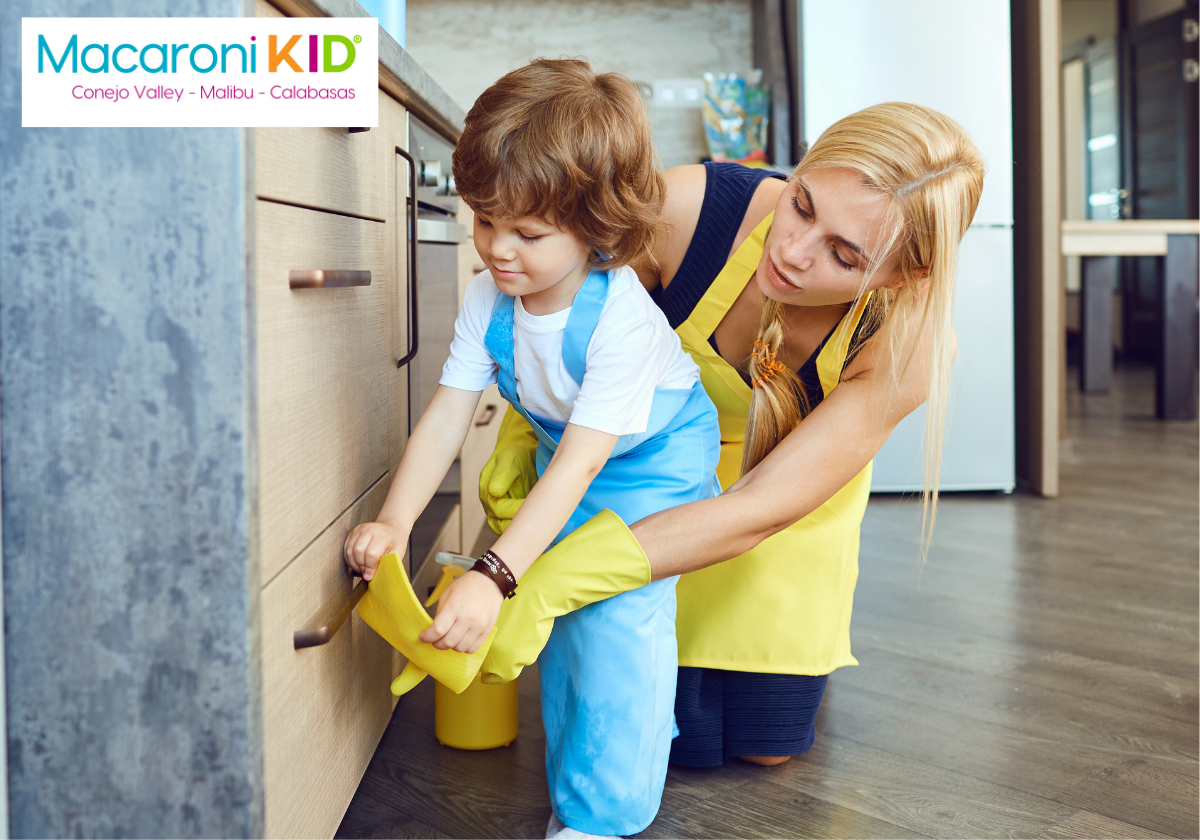 studioroman studioroman |
Castile Soap 🫧
- Mix ¼ cup with a gallon of water to clean floors, countertops, and grease from stovetops.
- Safe for washing hands, cleaning cars, and scrubbing patio furniture.
- Its uses are endless.
Cornstarch 🌾
- Sprinkle on carpets for grease stain removal—let sit, then vacuum.
- Use on clothing grease stains before washing.
- Make a paste to polish silver.
Toothpaste 🦷
- Fill small nail holes in walls with white toothpaste.
- Remove scuff marks from floors and walls.
- Clean chrome fixtures and baby bottles.
- Scrub fingernails for extra shine.
Table Salt 🧂
- Sprinkle on oven spills for easy cleanup.
- Soak water-stained glasses in a salt solution before washing.
- Clean drains and remove soap scum by filling the sink with hot water and salt
Fels-Naptha Soap 🧼
- Rub onto oil stains - use a washcloth to rub soap on the stain, let sit, then rinse before washing.
- Scrub shower walls to remove soap scum.
- Wash hands with it to remove grease and ink stains.
Please note: This product is not Vegan or Kosher as it contains animal fat
Isopropyl Rubbing Alcohol 🏠
- Safely cleans marble countertops.
- Glass cleaner, use on windows - mix equal parts water and rubbing alcohol in a spray bottle - cleans your glasses too.
- Disinfects phones, keyboards, and whiteboards.
- Removes sticker residue and permanent marker stains.
Borax 🛁
- Sprinkle on mattresses and carpets to remove pests like bed bugs and fleas.
- Boost laundry detergent for extra cleaning power.
- Clean kitchen sinks and disposals by scrubbing with a borax and water paste.
- Kill mildew with a borax spray solution.
- Remove rust stains from toilets overnight.
- How Stuff Works: Is Borax Harmful or Helpful?
- EWG: Borax - Not the green alternative it's cracked up to be
- How Safe is Borax?
📢 If you enjoyed this article, please share 🥰
📬 Don't forget to Subscribe if you haven't already
🔗 Lets Get Social!
 | 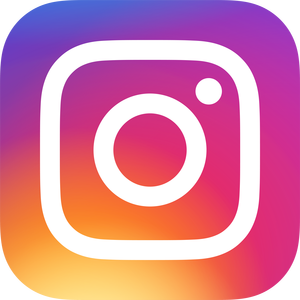 | 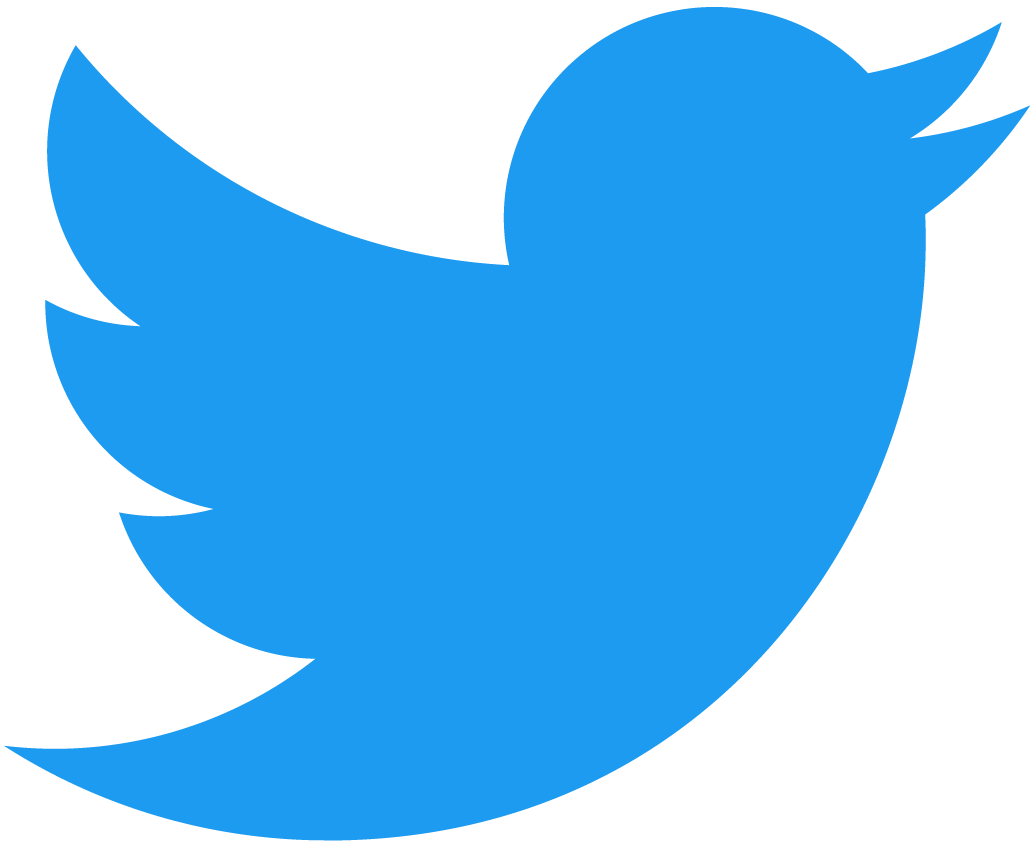 |  |
Written by Jodi Lorence, publisher for Macaroni KID in MN
Updated and edited by B. Gutell, publisher for Macaroni KID Conejo Valley - Malibu - Calabasas

